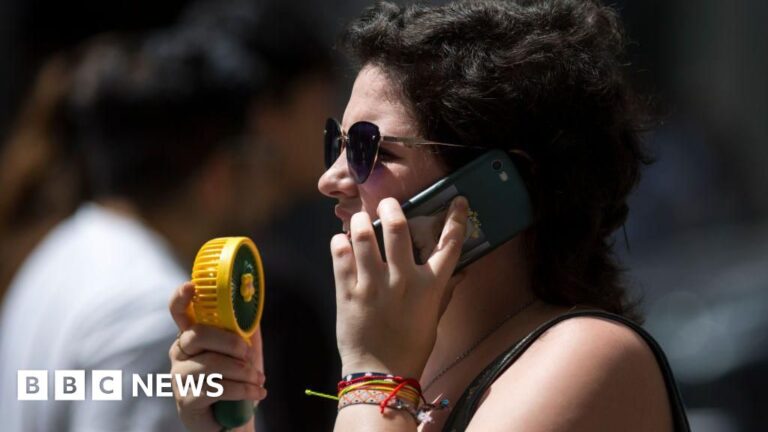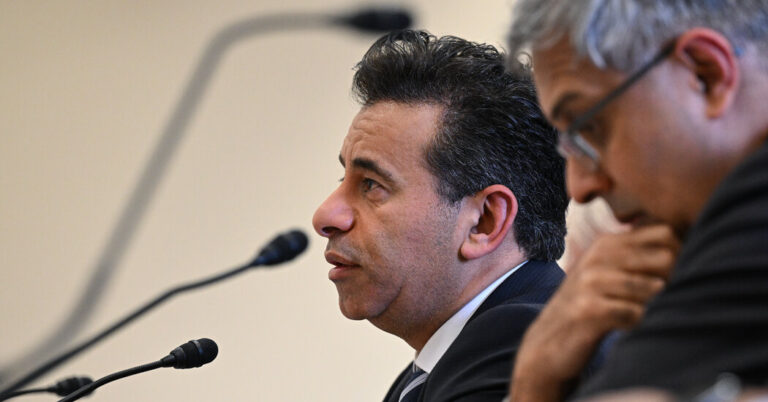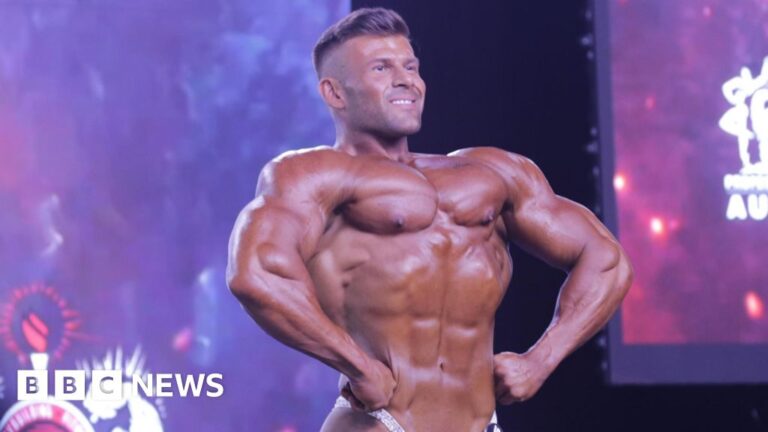Here is the result in plain text, without any extraneous lines or formatting:
Braids are one of the most popular hairstyles for black women, worn by celebrities and aunties alike, but questions are being raised about its effects on our health. The process can last up to five hours as stylists deftly part small, evenly-spaced sections of hair, and gradually add in extensions.
Despite the long salon visits, braids have always been closely linked to convenience for me. Growing up, they were for holidays, as the style meant that instead of fretting over how frizzy my hair would get, I could jump in the pool with no worries.
Braids are still what I turn to now when I want a few months break from all the detangling – or I want to try a new colour without the potential damage of hair dye.
For some, changing attitudes towards synthetic hair are opening up business opportunities. Tendai Moyo co-founded Ruka Hair in 2021, which specialises in extensions made from natural hair sourced from South East Asia, as well as biodegradable synthetic hair, made from collagen fibre.
She tells me that black women “got to experiment” more with their hair during lockdown and were more willing to try out new products. I think more women turned to braids during lockdown.
One of the biggest draws of traditional synthetic hair brands, however, is their low price, which has made experimenting with different styles and colours affordable for years. But newer brands tend to have a higher price point – Tendai tells me that Ruka’s most popular synthetic hair type costs around 2.5 times more than several high street brands.
As a student, brands like Ruka are out of reach for her: “To purchase the hair is equivalent to the amount it would cost you to get the hairstyle done, so you’re essentially doubling the price.” Tendai defends this by comparing it to choosing between “fast food and healthy food”.
She adds: “You can actually reuse our products if you’d like, and therefore you’re saving money in that way.” I say it’s empowering to do a job that leaves other women feeling uplifted.
Back at Josée’s salon, Naomi tells me that braiding is not just an important source of income, but a valued cultural practice that brings her family together. “I call myself a braid baby because I’ve been braiding since I was 6 years old,” she says, telling me how her family would bond over the skill as her mum proudly looks on.
“It’s an empowering service to offer,” she adds, saying that it’s gratifying to do a job that leaves other women feeling uplifted. Despite growing concerns about the effect it could have on our health, braiding is a precious heirloom for this family – and for many other black women – passed down from generation to generation. As Ifeanyi tells me: “The form of extensions might change, but I don’t think the practice of getting braids is going anywhere.”
Source link




